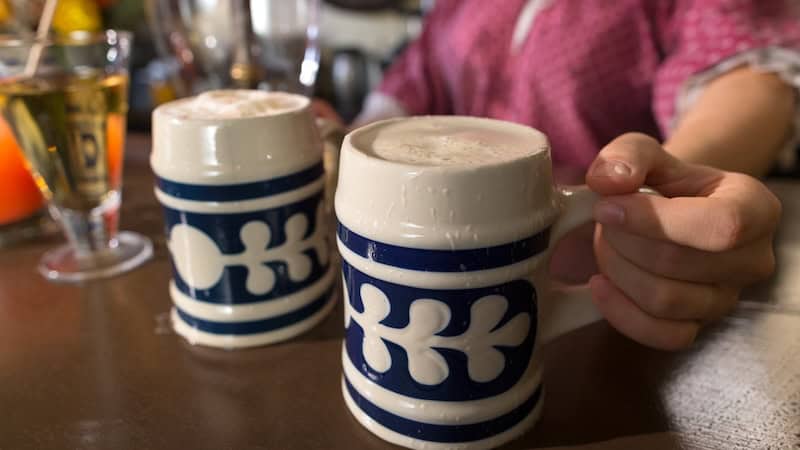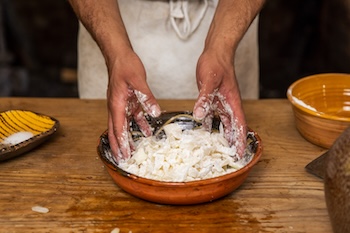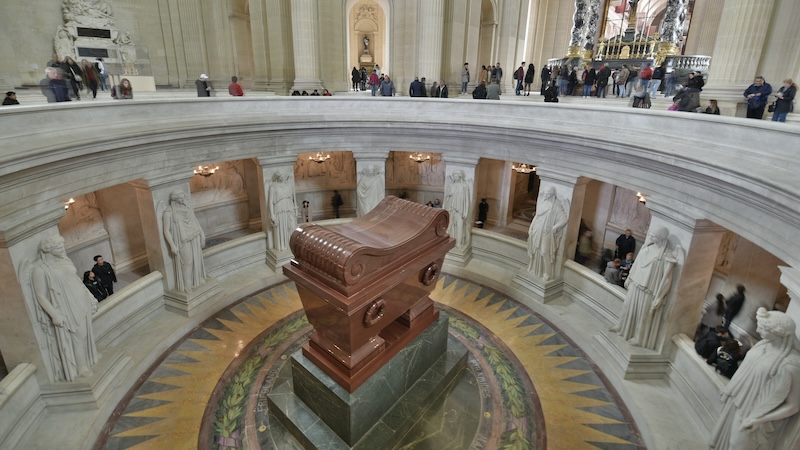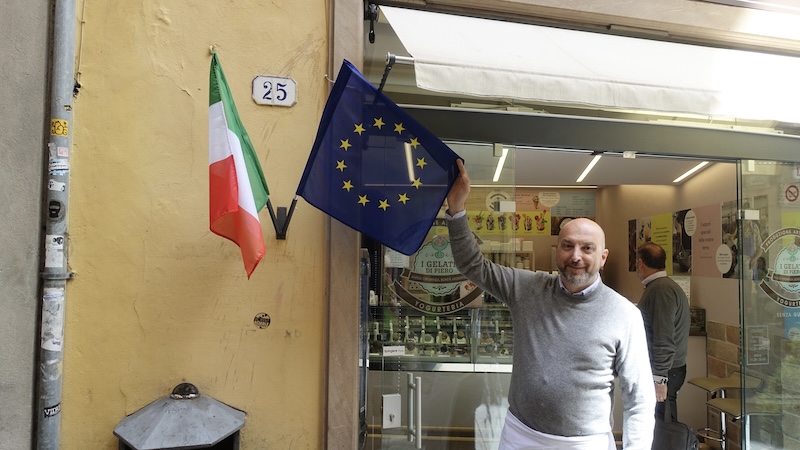‘Eat, Drink, Revolution’ Tavern Conference
Scholarships and virtual tickets for Colonial Williamsburg event

Early American taverns served many purposes. Nov. 6 to 8, Colonial Williamsburg in Virginia is exploring their many facets in “Eat, Drink, Revolution: Our Friend the Tavern.” The in-person conference option has already sold out, but virtual tickets and scholarships are available.
Given the slow pace of foot and horse travel, taverns served as stops for food, drink, and sleep. They also served as gathering places, where colonists would discuss matters of the day, including revolutionary ideas and other political topics.
For the conference, experts from the U.S. and abroad will share insights on topics including Roman and Greek tavern culture, British pub life, tavern food and drink, the role of taverns for army navigation and conflict during the American Revolution, women as primary alcoholic beverage producers and challenges faced by tavern owners (who were often women).

Presenters on the background of early American taverns include:
- Dr. Jonathan Zarecki, (University of North Carolina at Greensboro) and The Beer Archaeologist Travis Rupp dig into history to uncover Roman and Greek tavern culture.
- Marc Meltonville, food and drink historian, author, and heritage distiller, brings the tippling houses of England to life and explores the world of London tavern cook Richard Briggs.
- Dr. Sarah Hand Meacham (associate professor, Virginia Commonwealth University) will address themes in her book, “Every Home a Distillery: Alcohol, Gender, and Technology in the Colonial Chesapeake.”
- Master of the Historic Foodways Trade Frank Clark and Apprentices Abbey Shoaf and Domineck Marsh look at what was in the glass and on the table and share their experiences recreating those dishes and drinks.
- Christopher Custalow (Indigenous community engagement), Eve Otmar(master of the Historic Gardening Trade), and Jack Gary (executive director of archaeology) give their perspectives on how we know what was served in taverns.
Colonial Williamsburg is offering scholarships for in-person and virtual presentations. Eligible applicants should be enrolled in a program with a focus in food and drink history or science, historic kitchenware, brewing and distilling traditions, social history of leisure in public spaces such as pubs and taverns; be an emerging food and drink or brewing professional employed by a brewery, food science lab, or accredited university; or be employed by or pursuing a career at a museum with special interest in historic cooking and serving. The deadline to apply is Aug. 1, 2025.
For more information on the conference and scholarships, visit ColonialWilliamsburg.org. The conference page provides information on the agenda, speakers, etc. as well as scholarship applications.
Not-So-Ordinary Inns & Taverns in Virginia
PHOTO CAPTION, TOP: Early American tavern mugs. Image provided by the Colonial Williamsburg Foundation.


